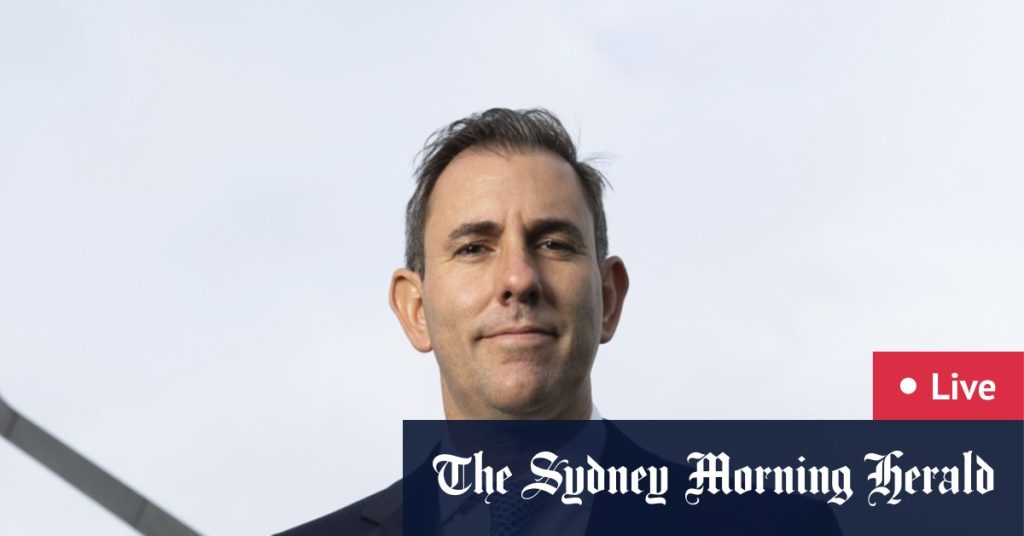David McBride, a former military lawyer, leaked classified military documents that revealed allegations of Australian soldiers committing war crimes in Afghanistan. He has pleaded guilty to stealing the material and leaking it to journalists. The prosecution has pushed for a minimum of two years behind bars for McBride, while his lawyers argued for leniency, stating that his actions were in the public interest. McBride’s sentencing hearing took place in the ACT Supreme Court, where Justice David Mossop will hand down his decision today. The judge has the option to impose a suspended prison sentence or an order for McBride to serve his time in the community.
During the sentencing hearings, McBride’s barrister, Stephen Odgers, SC, argued that his client’s impaired emotional wellbeing due to PTSD and substance abuse influenced his decision to disclose the documents. Odgers contended that McBride felt he had a public duty to reveal the information. However, prosecutor Trish McDonald challenged this argument by stating that McBride had maintained he did the right thing after getting his mental health under control and overcoming his abuse issues. McDonald argued that McBride not only breached defence protocol but also his duty as a lawyer to keep confidential information. She further claimed that McBride was motivated by personal vindication to show that he knew more than others.
The leaked documents led to reports about alleged war crimes committed by Australian special forces soldiers in Afghanistan. McBride’s actions have sparked a national debate on the role of whistleblowers and the importance of balancing national security with transparency and accountability. The case has raised questions about the protection of whistleblowers who expose wrongdoing within the military and the potential consequences they may face for their actions. Supporters of McBride argue that he acted out of a sense of moral obligation to bring to light the alleged atrocities committed by Australian soldiers, while others believe he violated trust and endangered national security by leaking classified information.
McBride’s case highlights the complexities and ethical dilemmas faced by whistleblowers who come forward with sensitive information that uncovers potential wrongdoing. The outcome of McBride’s sentencing will have significant implications for future cases involving individuals who disclose classified information in the public interest. The case serves as a reminder of the delicate balance between protecting national security and upholding the principles of transparency and accountability in a democratic society. As Justice Mossop prepares to deliver his decision, the Australian public awaits the outcome of this high-profile case and the precedent it may set for future whistleblowers and their role in exposing misconduct and injustices within the military and government.
The sentencing of David McBride will serve as a test case for Australia’s whistleblower laws and the protection of individuals who risk their freedom to expose alleged wrongdoing. The decision will shape the future of whistleblower protection and the boundaries of national security in relation to transparency and accountability. The outcome of this landmark case will have far-reaching implications for the rights of individuals to disclose information in the public interest without fear of repercussions. As the debate over whistleblowers and national security continues, McBride’s sentencing will be closely watched by advocates for transparency and accountability in government and the military. The case has sparked a national conversation about the ethics of whistleblowing and the need to balance security concerns with the public’s right to know about potential misconduct within the armed forces.


